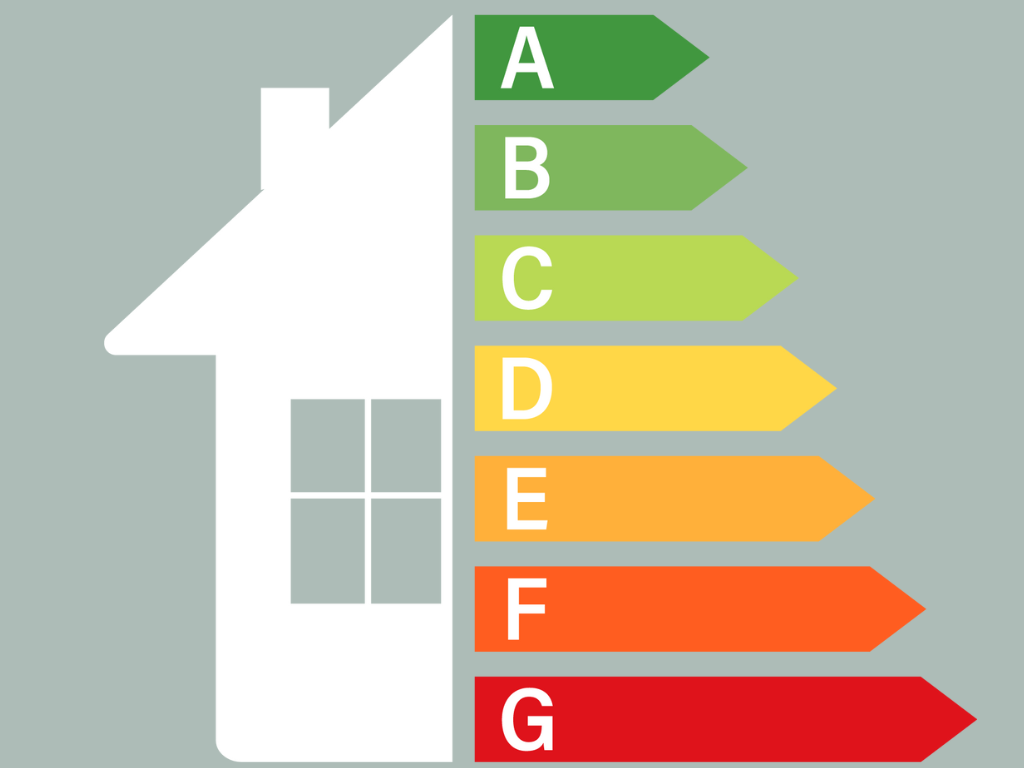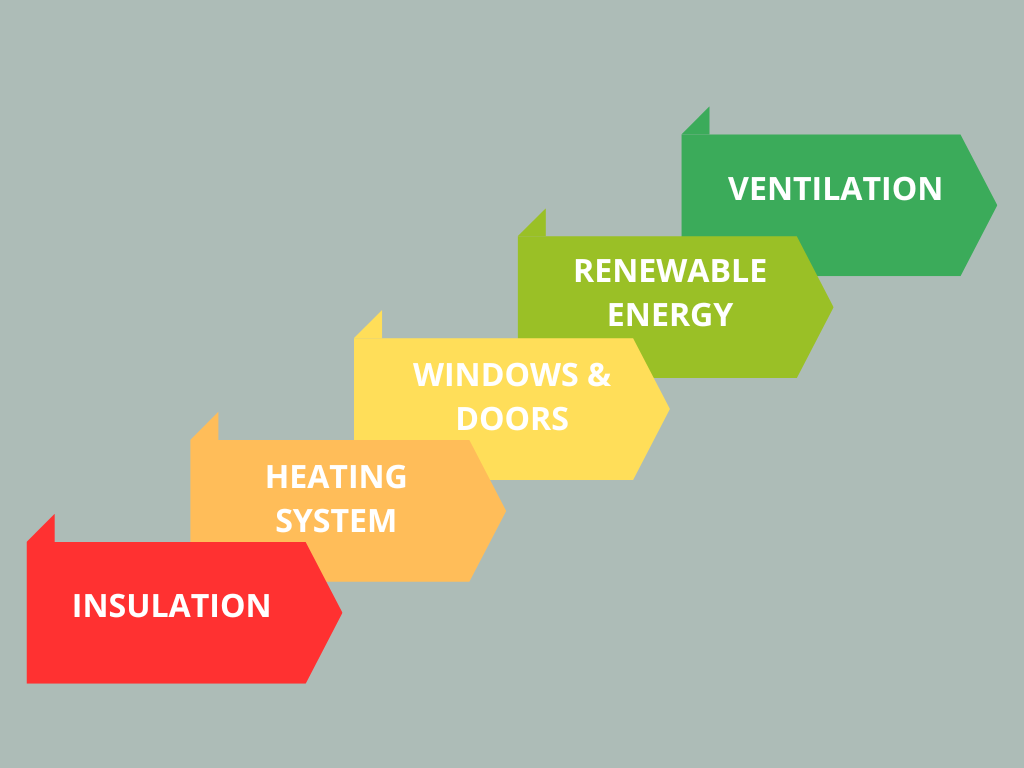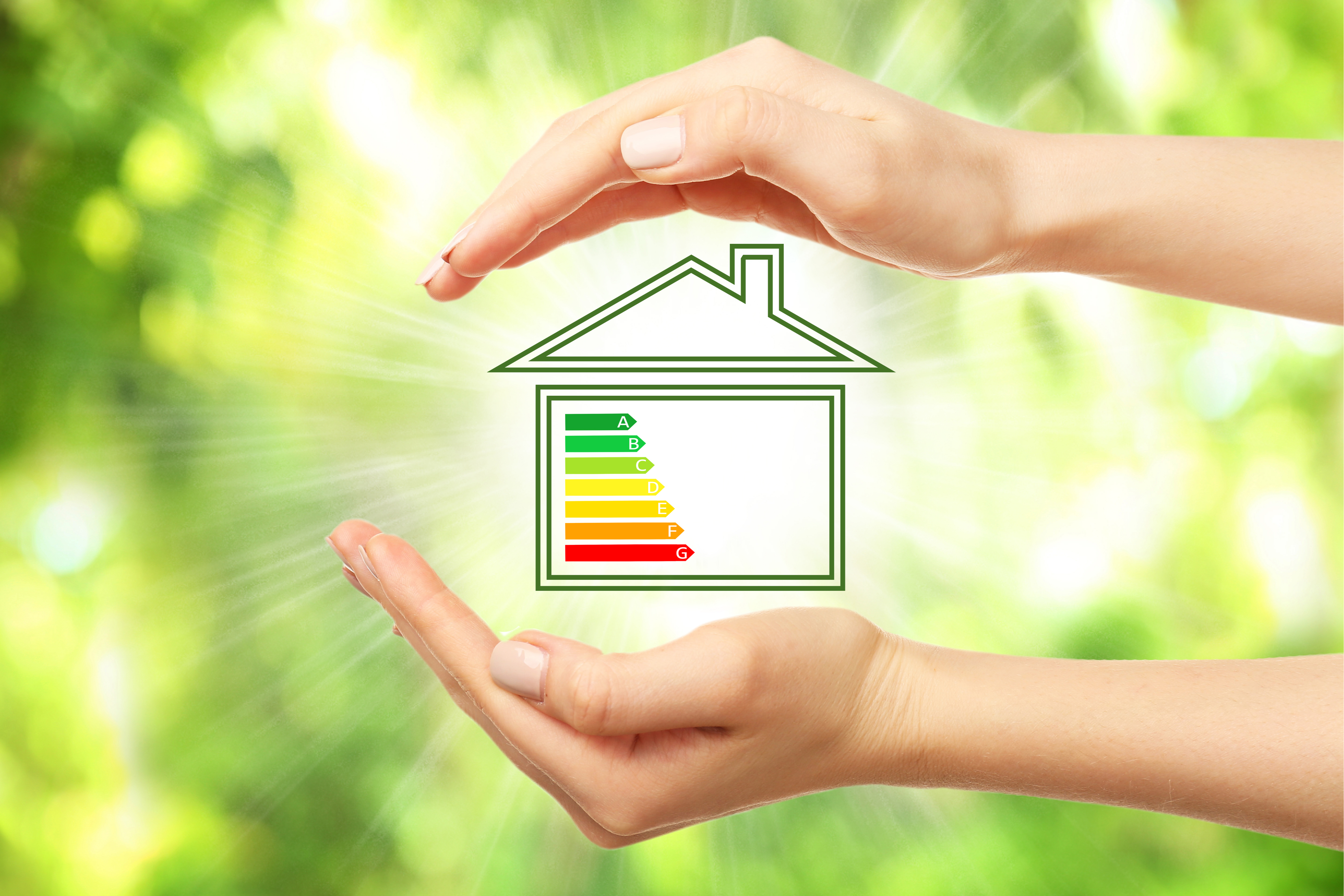Introduction
Have you ever wondered how energy-efficient your home is? There’s a simple way to find out – it’s called a Building Energy Rating (BER) certificate. This certificate gives your home a grade based on how well it uses energy. Let’s dive into the world of BER certificates and see why they matter to you.
What is a BER Certificate?
Think of a BER certificate as a report card for your home’s energy performance. Just like students get grades from A to F, homes get grades from A to G. A-rated homes are super energy-efficient, while G-rated ones use more energy.

Why Should You Care?
Save Money: Homes with higher grades (A or B) are like energy-saver superheroes. They use less electricity and gas, so you spend less on bills. That’s more money in your pocket!
Help the Earth: Using less energy means producing fewer greenhouse gases that harm our planet. By choosing an energy-efficient home, you’re helping fight climate change.
Stay Cozy: Imagine your home feeling warm in winter and cool in summer, without huge bills. Energy-efficient homes are comfy without costing a fortune to keep comfortable.
Sell or Rent Easily: If you decide to sell or rent your home, a good BER grade can make it more attractive to buyers or renters. People like homes that are kind to the environment and their wallets.
Home Energy Upgrade Grants (SEAI ): If you are applying for a home energy grant you will likely need a BER Certificate. Information on the home improvement grants available can be found on the SEAI website.
How is the Grade Calculated?
Experts look at a few things to decide your home’s grade:

Insulation: This is like a cozy blanket for your home. Good insulation keeps the heat in during winter and out during summer.
Heating System: How your home gets warm matters. Efficient systems use less energy to give you the same coziness.
Windows and Doors: Well-fitting windows and doors keep drafts out and the heat in. They’re like superheroes for energy-saving.
Renewable Energy: If your home uses solar panels or other green energy sources, it gets a high-five for being eco-friendly.
Ventilation: Fresh air is essential, but a well-ventilated home doesn’t let all the warmth escape.
Why Do BER Certificates Matter?
- Environmental Impact: Buildings are significant contributors to greenhouse gas emissions. BER certificates encourage energy-efficient construction and retrofitting, which in turn helps reduce a building’s carbon footprint.
- Cost Savings: Energy-efficient buildings are more cost-effective to run. A high BER rating indicates lower energy consumption, leading to reduced utility bills for occupants.
- Market Value: BER certificates can influence a property’s market value. Energy-efficient properties are generally more appealing to buyers and tenants, potentially commanding higher prices or rents.
- Legal Requirements: In Ireland, it is mandatory to provide a BER certificate when selling or renting a property. Non-compliance can result in fines and delays in property transactions.

How to Get a BER Certificate?
When you’re buying or renting a home, just ask for the BER certificate. It’s like asking for the report card before choosing a school.
If you’re selling, renting, or building a home, you’ll need to get a certified energy assessor to visit your place. They’ll check things like insulation, heating, and more to give your home its energy grade.
If you are applying for a home energy improvement grant through the Sustainable Energy Authority of Ireland SEAI, you will likely need a BER certificate.
In Conclusion
Building Energy Rating certificates are like a roadmap to energy efficiency in Ireland. They help you choose a home that’s kinder to your wallet and the environment.
So, whether you’re looking for a new place or improving your current one, keep an eye out for those BER grades – they’re your secret to a cozier, greener home!
It is a step toward a greener future for Ireland.

